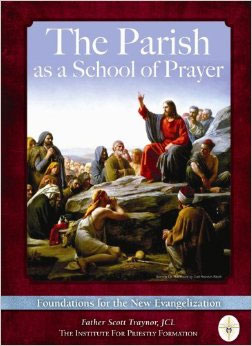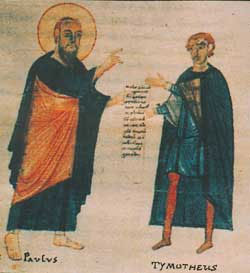The Acts of the Apostles..it’s time, context, importance and relevance for today. Who wrote Acts? How is it divided up? What makes it unique?
Podcast: Play in new window | Download (Duration: 23:58 — 21.9MB) | Embed
Subscribe: Apple Podcasts | Spotify | Amazon Music | Android | Pandora | iHeartRadio | JioSaavn | Podchaser | Gaana | Podcast Index | Email | TuneIn | Deezer | Anghami | RSS | More
Mark Hart is an author, speaker, director and teacher, Mark’s work both written and spoken, is known across the country and world. While he serves as the Vice President of LIFE TEEN, he is known to tens of thousands simply as the “Bible Geek ®” Mark passionately echoes the gospel to all he encounters. He is as deep as he is funny, and his love for his wife and daughters is second only to his immense love for Jesus Christ.
Visit Mark at www.lifeteen.com

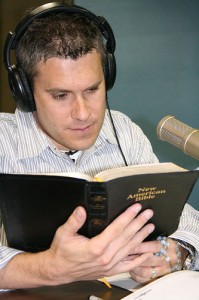



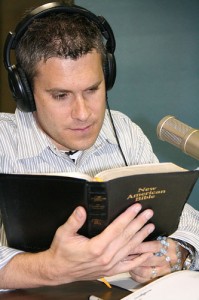
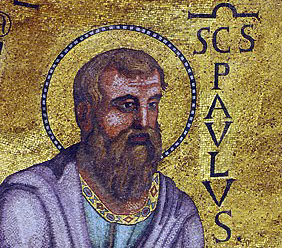

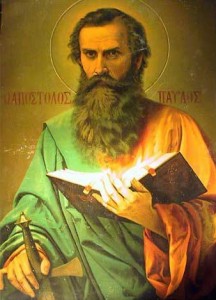
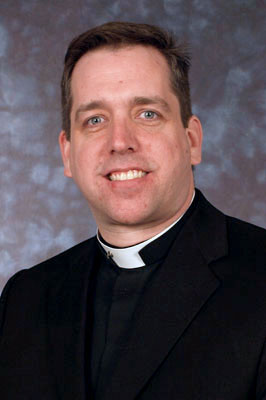 Fr. Scott Traynor begins this series on prayer by describing how Jesus Christ desires a deep personal relationship of the heart with each of us and how this is the true foundation for the New Evangelization. He discusses the adventure of the life of faith and the gifts the Father wishes to shower upon us in union with Jesus Christ and the Holy Spirit. He breaks open the reality of the indwelling Holy Spirit, who is the great teacher of prayer. Fr. Traynor encourages us to grow in union with Trinity through opening our hearts in prayer.
Fr. Scott Traynor begins this series on prayer by describing how Jesus Christ desires a deep personal relationship of the heart with each of us and how this is the true foundation for the New Evangelization. He discusses the adventure of the life of faith and the gifts the Father wishes to shower upon us in union with Jesus Christ and the Holy Spirit. He breaks open the reality of the indwelling Holy Spirit, who is the great teacher of prayer. Fr. Traynor encourages us to grow in union with Trinity through opening our hearts in prayer.